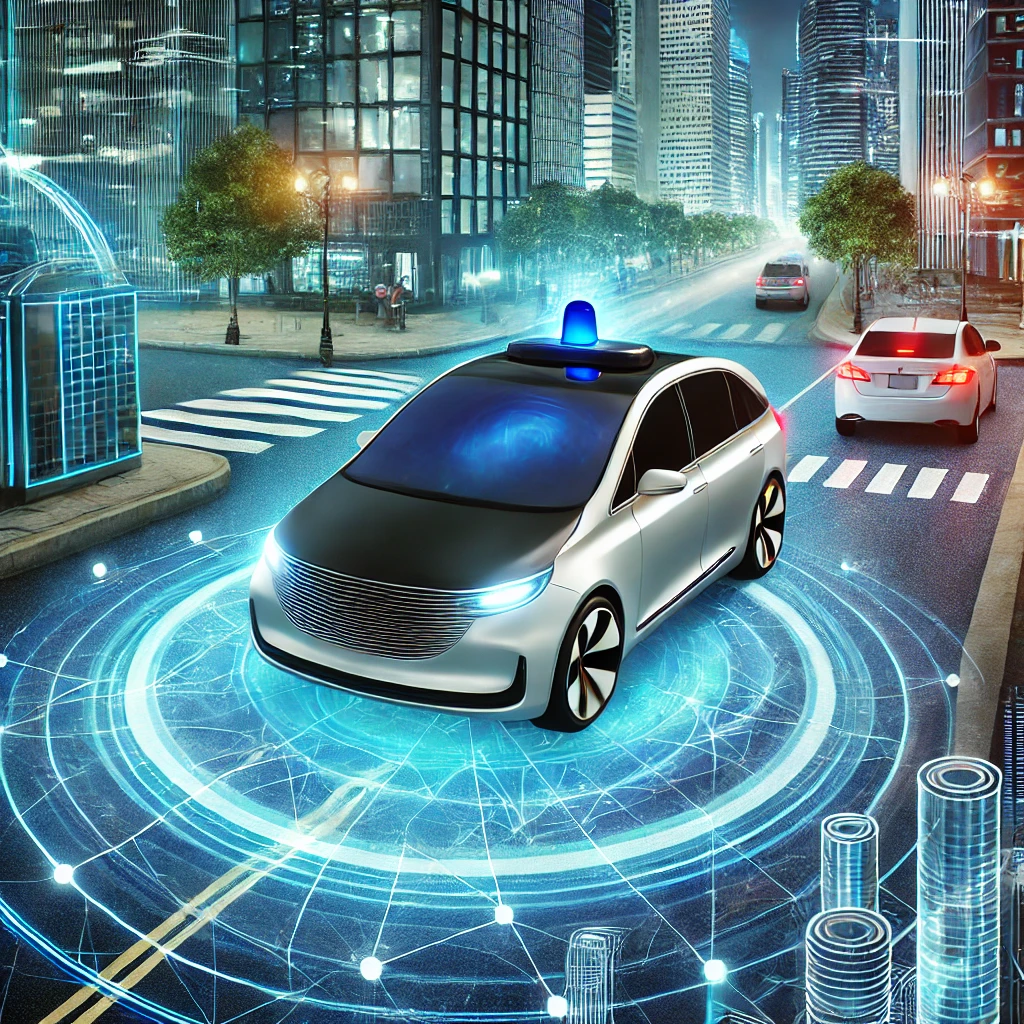
Artificial Intelligence (AI) is no longer a concept confined to the realms of science fiction. It’s a transformative force that’s reshaping industries, enhancing our daily lives, and pushing the boundaries of what’s possible. From personal assistants like Siri and Alexa to sophisticated algorithms that predict market trends, AI is everywhere. But what exactly is AI, and how is it changing our world?
What is Artificial Intelligence?
At its core, AI refers to the simulation of human intelligence in machines. These machines are programmed to think, learn, and adapt, much like a human would. The ultimate goal of AI is to create systems that can perform tasks that typically require human intelligence, such as recognizing speech, making decisions, and solving problems.
The Impact of AI on Various Industries
- Healthcare: AI is revolutionizing healthcare by providing more accurate diagnostics, personalized treatment plans, and even predicting disease outbreaks. AI algorithms can analyze vast amounts of medical data to identify patterns and make recommendations that can save lives.
- Finance: In the financial sector, AI is used for fraud detection, risk management, and personalized banking. AI-powered chatbots provide customer service, while predictive analytics help investors make informed decisions.
- Transportation: Self-driving cars are one of the most visible applications of AI. Companies like Tesla and Waymo are developing autonomous vehicles that aim to reduce accidents and improve traffic flow. AI is also used in logistics to optimize delivery routes and manage fleets.
- Education: AI is transforming education by providing personalized learning experiences. Adaptive learning platforms use AI to assess a student’s strengths and weaknesses, offering tailored resources to enhance their learning.
- Entertainment: From recommendation algorithms on Netflix to AI-generated music and art, the entertainment industry is leveraging AI to create more engaging and personalized experiences for users.
The Ethical Considerations of AI
While the benefits of AI are substantial, it’s essential to address the ethical implications. Concerns about privacy, job displacement, and the potential for biased decision-making are prevalent. Ensuring that AI systems are transparent, fair, and accountable is crucial for their acceptance and integration into society.
The Future of AI
The future of AI is incredibly promising, with advancements in machine learning, neural networks, and quantum computing on the horizon. These technologies will further enhance AI’s capabilities, making it an even more integral part of our lives.
As we continue to explore the potential of AI, it’s vital to foster a dialogue about its impact on society. By understanding both the opportunities and challenges, we can harness the power of AI to create a better, more efficient, and equitable world


